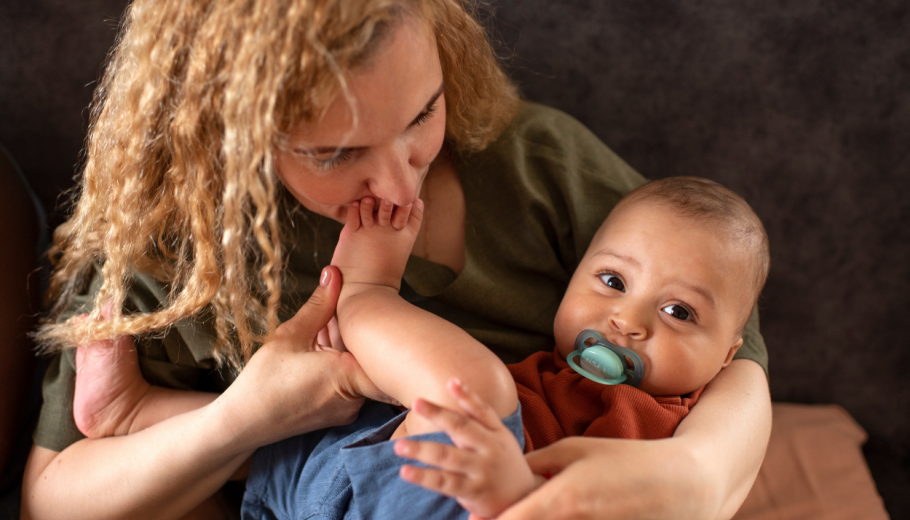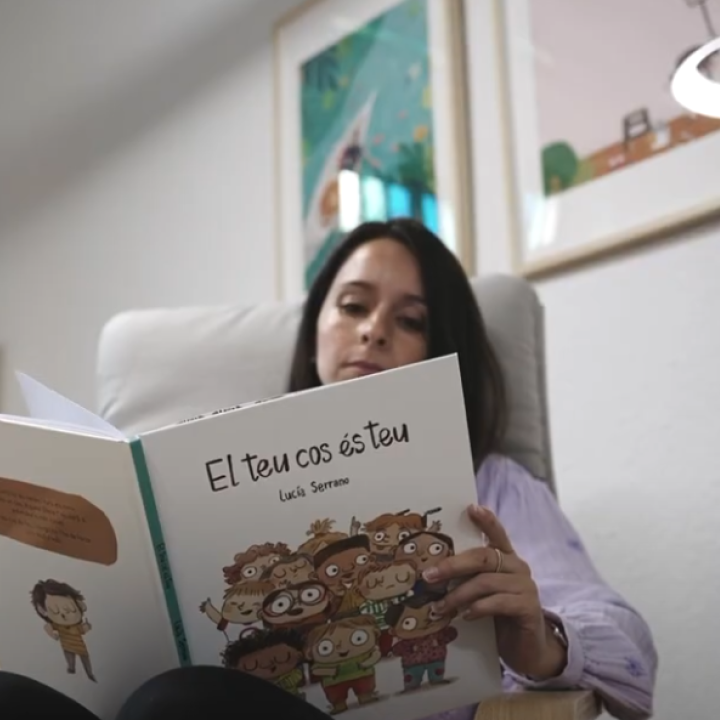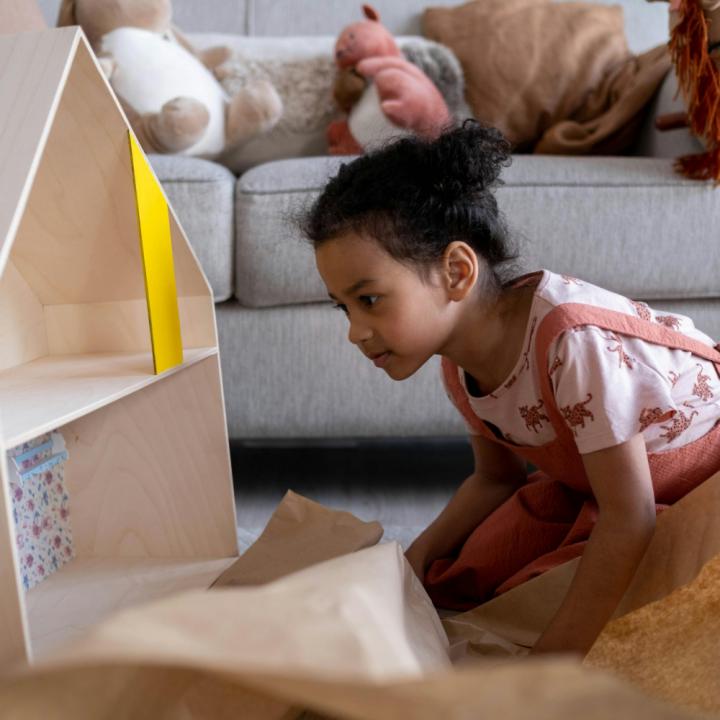Making decisions about child protection measures is a task that requires anticipation, consistency and interdisciplinary work.
In this sense, one of the most relevant technical decisions becomes proposing what should be the environment that best guarantees the well-being of a child when it is assessed in an emergency situation or ordinary study, that its main referents do not they have the necessary parental skills to foster their integral development.
Provisional guardianship or family care of a child in a situation of possible abuse in the healthcare field (EVAMI), is not a task without complexity, among other things due to the narrow margin of time we have to take a a decision that will certainly affect the entire family system.
We start from the basis that the events that have led to the activation as specialized technicians, usually place the main family members of the minors in the front line of an allegedly negligent action. Sometimes, this circumstance will require a proposal for an urgent protection measure that will involve the separation of the children from their family nucleus.
In these cases and for a limited study period, the team first collects relevant data from the nuclear and extended family structure, with the aim of finding out the possibility of provisional custody in the same family system. The collaboration of other technicians who are specialized in assessing the suitability or otherwise of a possible fostering of the extended family, will allow the Reference Technical Team to carry out the proposal best suited to the needs of the child.
When this possibility is dismissed, the entities of the General Directorate of Child and Adolescent Care (DGAIA) are requested to search for and designate an Emergency and Diagnostic Family. At the same time, a prior transfer is necessary with the teams specialized in foster care, such as the Collaborating Institutions of Family Integration (ICIF). In order to provide the most relevant information in relation to the child and his environment, which facilitates a family proposal suitable to his needs.
Fortunately, the configuration of our territory and the desire to fulfill the objectives of our work, facilitates the proximity between the teams that work for the care of children, which at the same time allows for better coordination and multidisciplinary work for the immediate search of 'a family system available.
In the course of the study and assessment after the emergency reception, the intervention with the family of origin and the follow-up of the reception, has the purpose of deciding on proposals that provide the child with the best environment where grow and develop, with the comprehensive well-being it deserves.
Josi Granados
Psychologist of the technical team and Child Abuse Assessment Teams (EVAMI)




